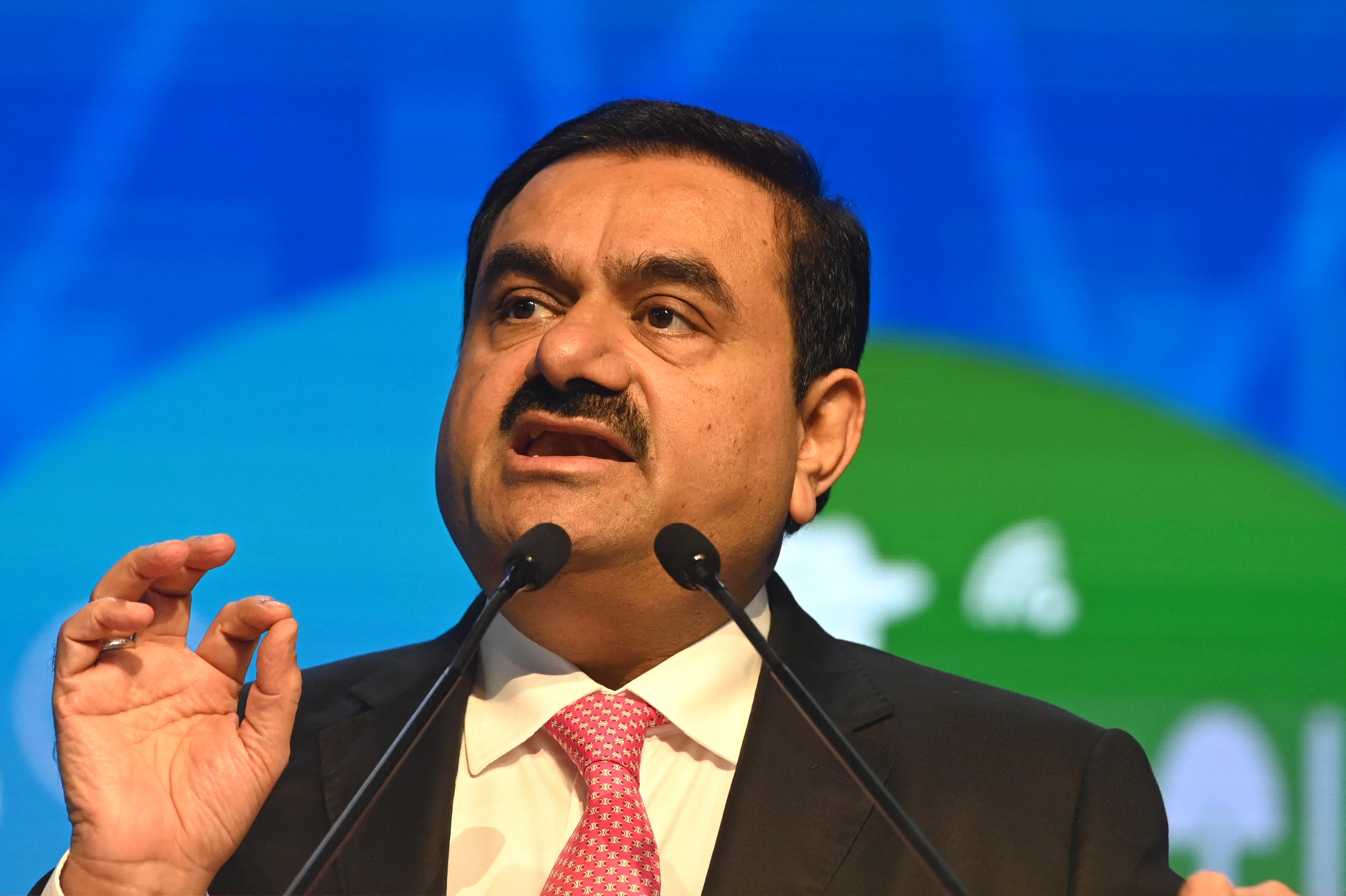
Former Caisse Executives Charged in US Over Alleged Bribery Scheme Involving Adani Group
The business world has been shaken by a major legal development involving the Adani Group, one of India's most powerful conglomerates. Recently, U.S. prosecutors filed charges against three former senior executives from Caisse de dépôt et placement du Québec (CDPQ), a prominent Canadian pension fund, in connection to a massive bribery scheme allegedly orchestrated by Indian billionaire Gautam Adani and his associates. The charges center around the accusations that Adani, known for his sprawling business empire in industries such as energy, infrastructure, and green technologies, conspired to pay over $250 million in bribes to Indian government officials. The goal of these payments was to secure lucrative contracts for the Adani Group's solar energy projects, potentially worth billions of dollars.
Prosecutors in Brooklyn, New York, allege that between 2020 and 2024, Adani and his senior team made false and misleading statements to investors and U.S. banks, as they sought to raise substantial capital from international investors. This included the issuance of bonds and loans to fund the Adani Group's expansion into renewable energy, especially solar projects in India. It’s claimed that the bribes were part of a broader effort to guarantee favorable treatment for Adani's companies, which would have a significant financial impact for both the conglomerate and the government officials involved.
Also Read:- Nvidia Q3 Earnings Unveil AI-Driven Growth Surge
- CMA Awards 2024: Celebrating Country Music’s Biggest Night
Three former executives of CDPQ—Cyril Cabanes, Saurabh Agarwal, and Deepak Malhotra—are accused of conspiring to obstruct justice by attempting to conceal evidence related to the bribery scheme. The allegations include deleting emails and documents that detailed the bribery transactions. The conspiracy allegedly involved high-level meetings with government officials in India, with some of the participants using code names for Adani, like "Numero Uno" or "The Big Man," to keep their communications discreet.
The fallout has already been significant for the Adani Group, as shares of its listed companies plummeted by billions of dollars in market value following the charges. The legal action has sparked fresh scrutiny of the Adani empire, which has faced a series of controversies, including an earlier stock manipulation allegation by short-seller Hindenburg Research. Although Adani’s company has denied the accusations, the legal proceedings in the U.S. are raising questions about the company’s operations and its relationship with government officials in India.
In the wake of these developments, Adani Green Energy, one of the companies embroiled in the scandal, announced it would halt its plans to issue dollar-denominated bonds. With U.S. prosecutors issuing arrest warrants for the involved parties, the legal battle is likely to continue for some time, adding to the challenges facing the Adani Group. The case also highlights broader concerns about corporate governance, corruption, and the risks that international investors face when engaging with businesses linked to government officials.
As the investigation progresses, it remains to be seen how these charges will impact Adani’s standing in the global market. What’s clear, however, is that the reputation of the Adani Group and its executives is now under intense scrutiny, with potentially far-reaching consequences for both the Indian business world and global investors involved in the renewable energy sector.
Read More:

0 Comments